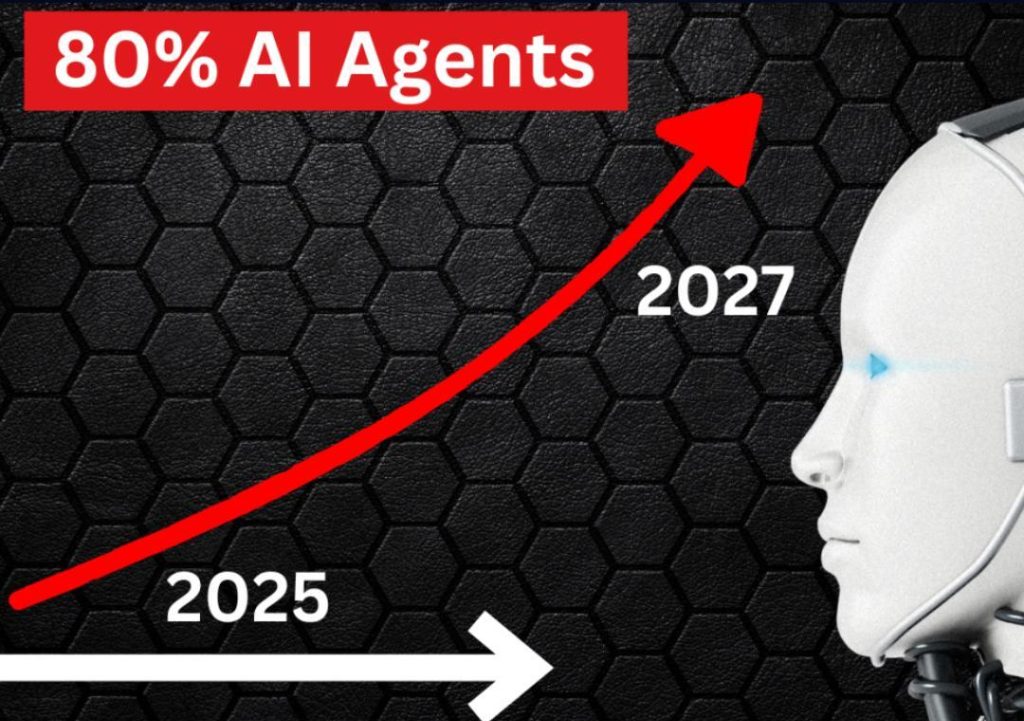
80% of Analysts’ Time Can Be Automated Now
As data continues to play an increasingly crucial role in business decision-making, the demand for skilled data analysts has skyrocketed. However, the traditional approach to data analysis, which involves manual data processing, has become a significant bottleneck in the process. Analysts often spend a substantial amount of time gathering, cleaning, and interpreting data, leaving them with limited bandwidth to focus on high-impact strategic work.
But what if we told you that up to 80% of analysts’ reporting tasks can be automated? Welcome to the world of Deep Data Copilot, a game-changing technology that is revolutionizing the way data analysts work.
The Problem with Manual Data Analysis
Manual data analysis is a labor-intensive process that involves collecting data from various sources, cleaning and formatting it, and then interpreting the results. This process is not only time-consuming but also prone to errors and biases. Moreover, it requires a significant amount of manual effort, which can lead to fatigue and decreased productivity.
The consequences of manual data analysis are far-reaching. It can lead to delayed insights, incorrect decisions, and a lack of agility in responding to changing market conditions. In today’s fast-paced business environment, where data-driven decision-making is critical, manual data analysis is no longer a viable option.
Introducing Deep Data Copilot
Deep Data Copilot is a cutting-edge technology that automates up to 80% of analysts’ reporting tasks. Developed by GrowthJockey, a leading provider of data analytics solutions, Deep Data Copilot is designed to interpret metrics, flag anomalies, and suggest next steps, freeing analysts to focus on high-impact creative strategy.
With Deep Data Copilot, analysts can say goodbye to manual data processing and hello to a world of automation. The technology uses machine learning algorithms to analyze data from various sources, identify patterns, and provide actionable insights in real-time.
Key Features of Deep Data Copilot
- Data Aggregation: Deep Data Copilot aggregates data from various sources, including spreadsheets, databases, and cloud storage platforms, into a single, unified view.
- Data Cleaning and Formatting: The technology cleans and formats data in real-time, eliminating errors and inconsistencies.
- Anomaly Detection: Deep Data Copilot uses machine learning algorithms to identify anomalies and exceptions in the data, enabling analysts to focus on critical issues.
- Insight Generation: The technology interprets data and generates actionable insights, providing analysts with a clear understanding of trends, patterns, and correlations.
- Recommendations: Deep Data Copilot suggests next steps and recommendations based on the insights generated, enabling analysts to make data-driven decisions.
Benefits of Automation
The benefits of automating analysts’ reporting tasks are numerous. By automating up to 80% of reporting tasks, analysts can:
- Focus on High-Impact Work: Automation frees analysts to focus on high-impact creative strategy, rather than getting bogged down in manual data processing.
- Increase Productivity: Automation improves productivity by reducing the time spent on manual data processing and enabling analysts to focus on higher-value tasks.
- Improve Accuracy: Automation reduces errors and biases, ensuring that insights are accurate and reliable.
- Enhance Agility: Automation enables analysts to respond quickly to changing market conditions, enabling businesses to stay ahead of the competition.
Conclusion
Deep Data Copilot is a game-changing technology that is revolutionizing the way data analysts work. By automating up to 80% of reporting tasks, analysts can focus on high-impact creative strategy, increase productivity, improve accuracy, and enhance agility. As the demand for skilled data analysts continues to grow, Deep Data Copilot is poised to become an essential tool in every analyst’s toolkit.
News Source:






